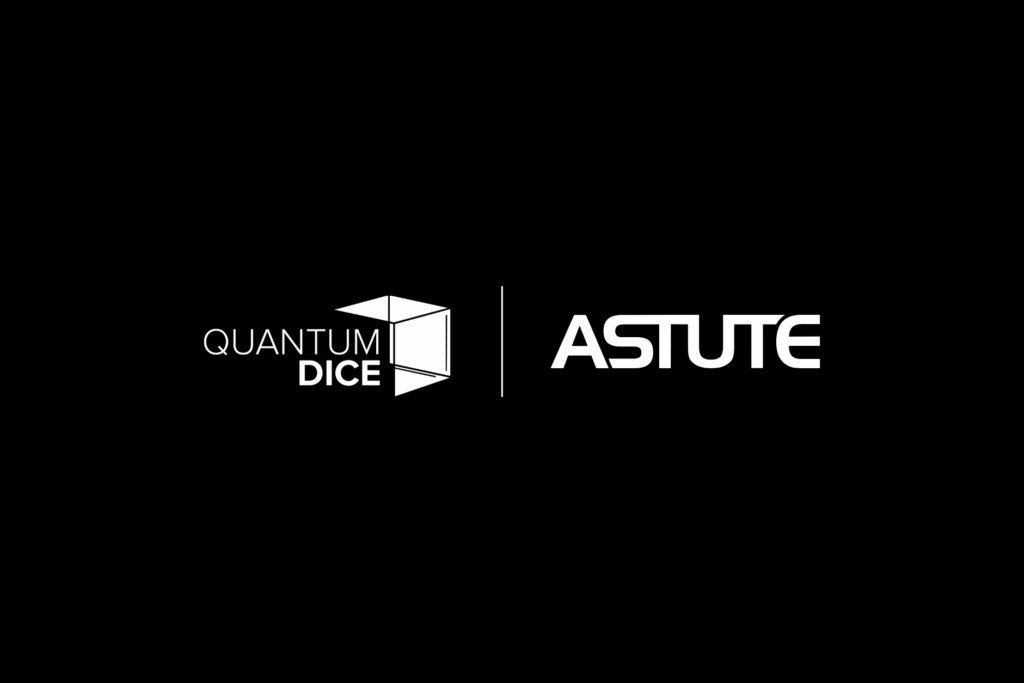For those interested in quantum technology, there is a wide range of quantum education programs to learn the science. From IBM‘s Qiskit program to Quantum Odyssey, both amateurs and experts alike can get hands-on experience with virtual quantum circuits, and better understand the impacts of this industry as a whole. But how effective are these education programs at teaching the science of quantum computing? In a recent paper published in Optical Engineering, researchers from around the world collaborated to better understand how effective quantum education is, and what could be improved.
Gaming Makes Quantum Education More Effective
One of the biggest components of QE is quantum gaming. Games can help better engage a user, and help spark community between players. As such, quantum games were a top focus for the researchers. According to the first author and doctoral researcher at Karlsruhe Institute of Technology, ITAS (KIT-ITAS), Zeki Seskir: “We aimed to provide an extensive overview of a wide range of quantum games and interactive tools that have been employed by the quantum community in recent years.” To provide this overview, the researchers needed to evaluate current and older quantum games, something that hadn’t really been done before. The team used factors such as platform, type of game, key concepts, and target audience to help in their evaluation. They analyzed eight quantum games and found that many of these games were based on the results of hackathons, illustrating the importance of collaboration for effective education.
The Importance of Hackathons
In computer programming and technology, hackathons are quite popular among students as they present a problem-solving challenge in a new format. Hackathons are typically hosted by a tech company or organization and bring together programmers from all over to work together to solve a problem. Most hackathons take 24 hours, but some are longer. Many are more competitive or offer exclusive prizes. Nearly all hackathons force a user to engage directly with the software, a key process for education. While there are many hackathons not focused on quantum game development, a majority is invested in developing the next quantum game. This can make them even more engaging for students of quantum technology.
Making Quantum Education More Accessible
Quantum technology is difficult for many to understand due to its strange rules and unknowns. Overcoming this issue, as well as making quantum education more accessible for all is essential for the industry to successfully branch out. One pilot project that is trying to better understand quantum education accessibility is the Quantum Technologies Education for Everyone (QuTE4E) program. Hosted by the Quantum Technology Education organization, QuTE4E tries to find new ways to engage audiences of all backgrounds, mainly using storytelling. Creating narratives of quantum processes (such as following an atom through a quantum system), can help individuals retain important information, while also hooking them through a fun process. Quantum games take full advantage of storytelling in their formatting, helping the user to enjoy the game while learning new information.

Moving Forward With Quantum Education
The researchers found that the most effective types of education had both a narrative aspect, as well as a collaborative one. In publishing their results, the team hoped others would use their study to help create the next generation of quantum education. “Our hope for this paper is to provide a quick but quality introduction for our audience on how these tools were developed and employed so that they can develop their own or utilize the existing ones for the purposes of outreach and education in quantum technology,” Seskir added. With the quantum industry growing, the need for accessible and effective quantum education will no doubt grow, driving many to create new educational tools that will inspire the next generation of the quantum workforce.
If you found this article to be informative, you can explore more current quantum news here, exclusives, interviews, and podcasts.















